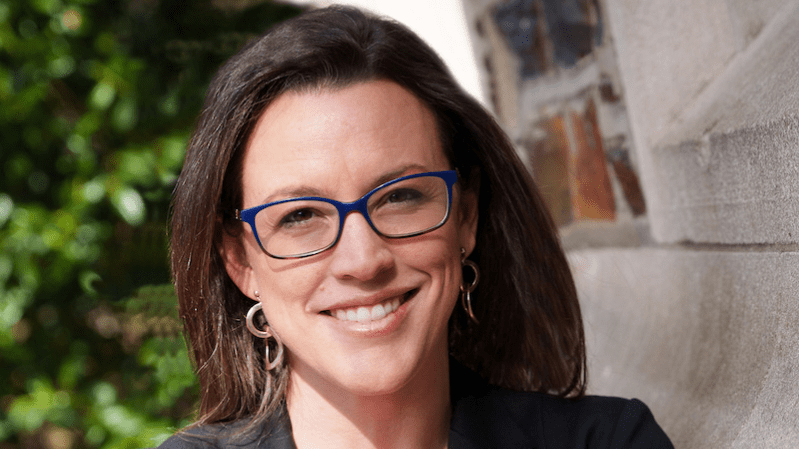
Book Talk: The African Heritage of Latinx and Caribbean Literature
Duke University Sarah Quesada
April 3, 2023 · 4:30 pm—6:00 pm · 010 East Pyne
Effron Center for the Study of America

The African Heritage of Latinx and Caribbean Literature unearths a buried African archive within widely-read Latinx writers of the last 50 years. It challenges dominant narratives in world literature and transatlantic studies that ignore Africa’s impact in broader Latin American culture. Sarah Quesada argues that these canonical works evoke textual memorials of African memory. She shows how the African Atlantic haunts modern Latinx and Caribbean writing, and examines the disavowal or distortion of the African subject in the constructions of national, racial, sexual, and spiritual Latinx identity. Quesada shows how themes such as the 19th century ‘scramble for Africa,’ the decolonizing wars, Black internationalism, and the neoliberal turn are embedded in key narratives. Drawing from multilingual archives about West and Central Africa, she examines how the legacies of colonial French, Iberian, British and U.S. imperialisms have impacted on the relationships between African and Latinx identities. This is the first book-length project to address the African colonial and imperial inheritance of Latinx literature.
Sarah Margarita Quesada is an assistant professor in the Department of Romance Studies at Duke University. Her main interests are literatures of the Global South, specifically Latinx, Latin American and African literatures. She works at the intersection of Atlantic world studies, African diaspora studies, and World Literature. Her book The African Heritage of Latinx and Caribbean Literature
(Cambridge Studies in World Literature and Culture, Cambridge University Press, 2022) examines the engagement of the most widely read Latinx and Latin American authors of the last 50 years with Franco/Anglo/Lusophone African writers and historiography in order to identify the African derived causes of a “Latin” excision from Africa. The book examines the era of slave trade, 19th century imperialism, Black internationalism, and the rise of UNESCO heritage tourism. Her research has appeared in Small Axe: A Caribbean Journal of Criticism, The Oxford Handbook of Latino Studies, the Junot Díaz and the Decolonial Imagination (Duke University Press 2016), Latino Studies, Afro-Hispanic Review, Oxford Bibliographies in Latino Studies, the Journal of Haitian Studies, among other places. She is a former co-chair representative for Latino Studies in the Latin American Studies Association (LASA). In 2021, she joined the editorial board of Meridians: feminism, race, transnationalism journal published with Duke University Press.
Her second book project is focused on Greater Mexico region and its connections to African writing and decolonization movements. Quesada’s comparative focus is also devoted to archival and fieldwork research. She has spent time in France and its départements d’outre mer, specifically in French Guiana, as well as Brazil, Benin, Senegal, Cuba, and the Dominican Republic. Her research has involved “human subject” interviews mainly along the UNESCO Slave Route in Africa, or colonial archive consultation across the Atlantic world.
Before joining Duke, Quesada was an assistant professor of English and Latinx studies at the University of Notre Dame, a postdoctoral research fellow in Latina/Latino studies at the University of Illinois Urbana-Champaign and an Andrew Mellon ACLS fellow.
Presented by the Effron Center for the Study of America. Cosponsored by the Program in Latino Studies, Program in Latin American Studies, and Department of Spanish and Portuguese.















